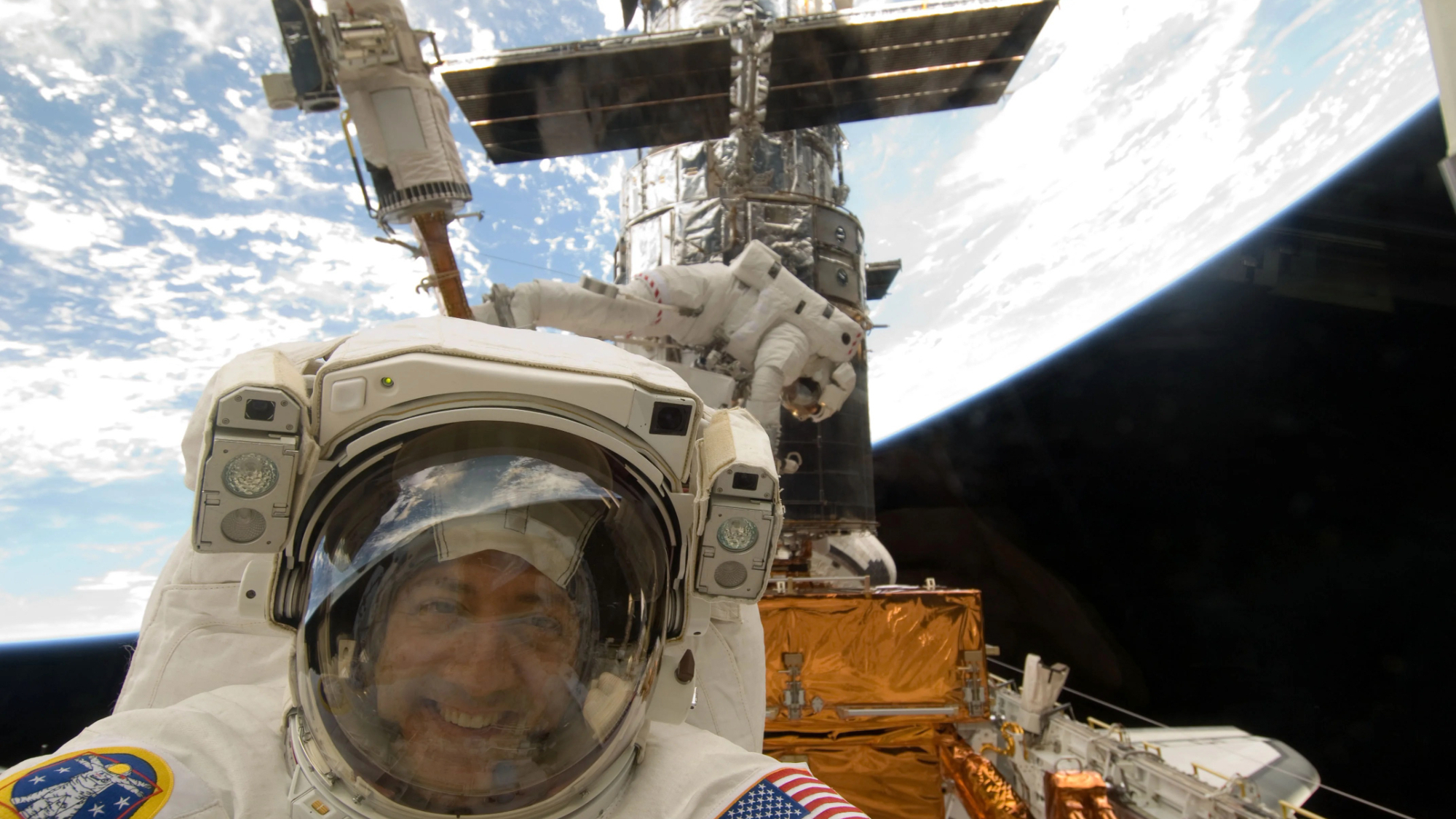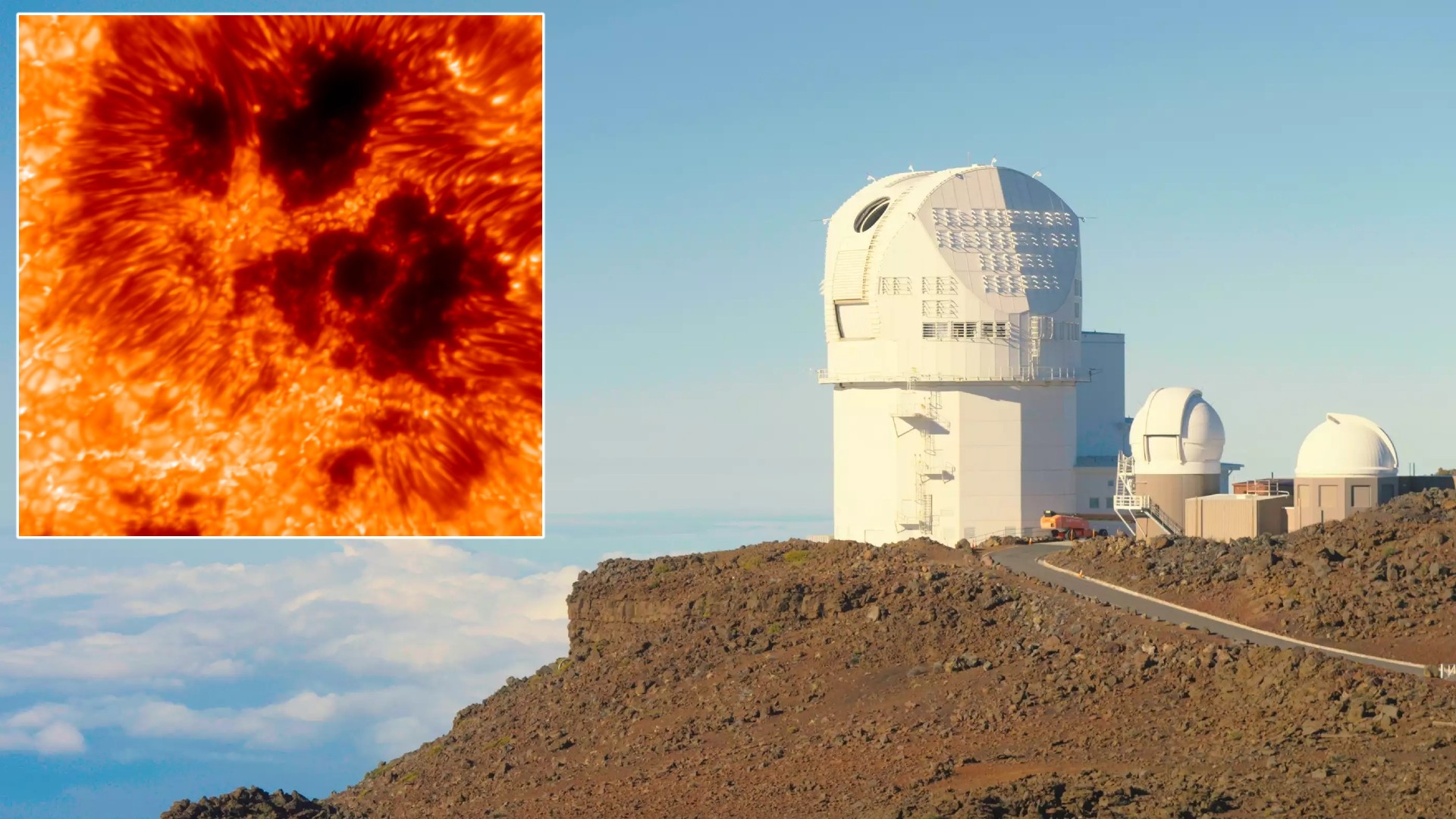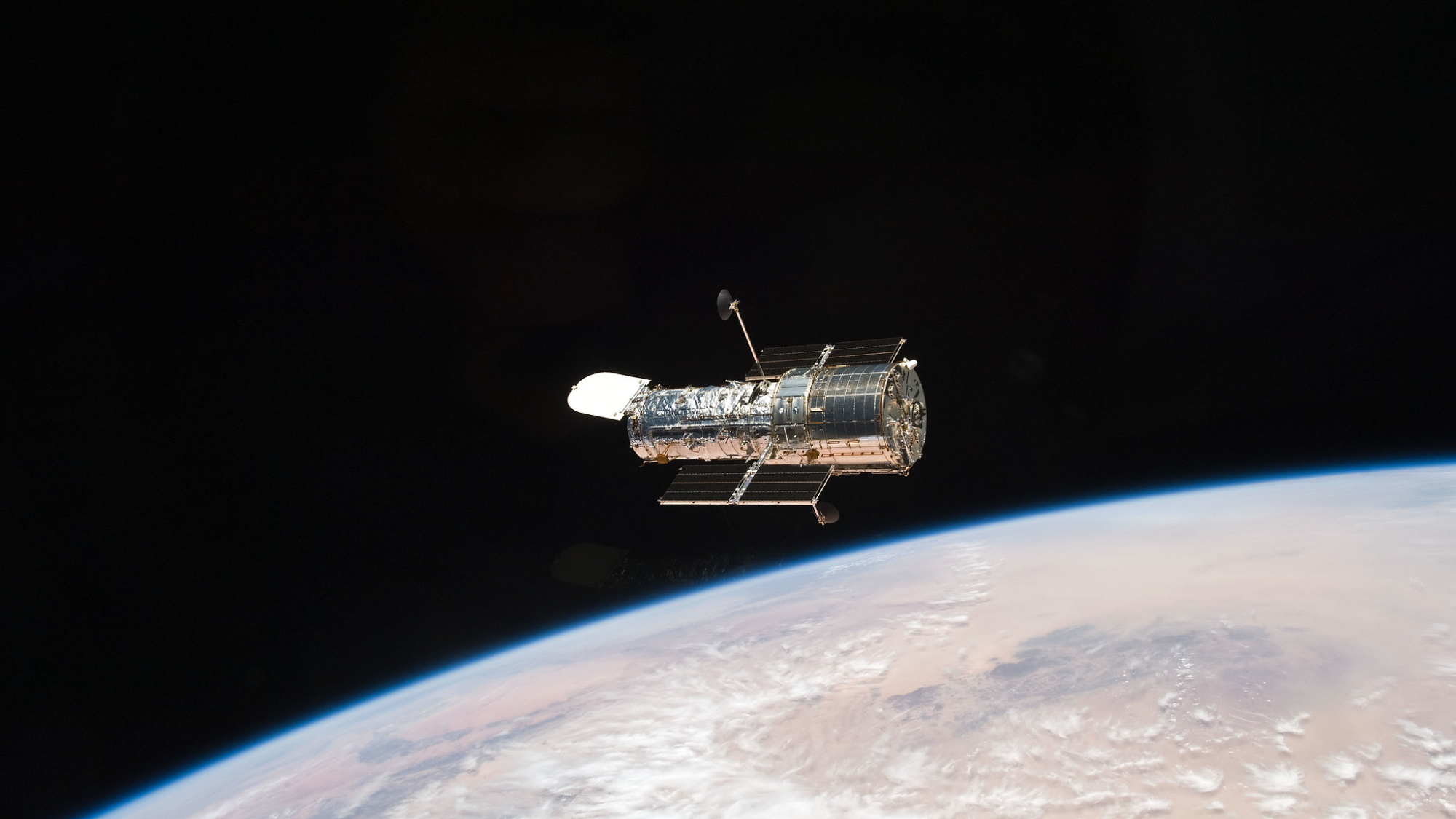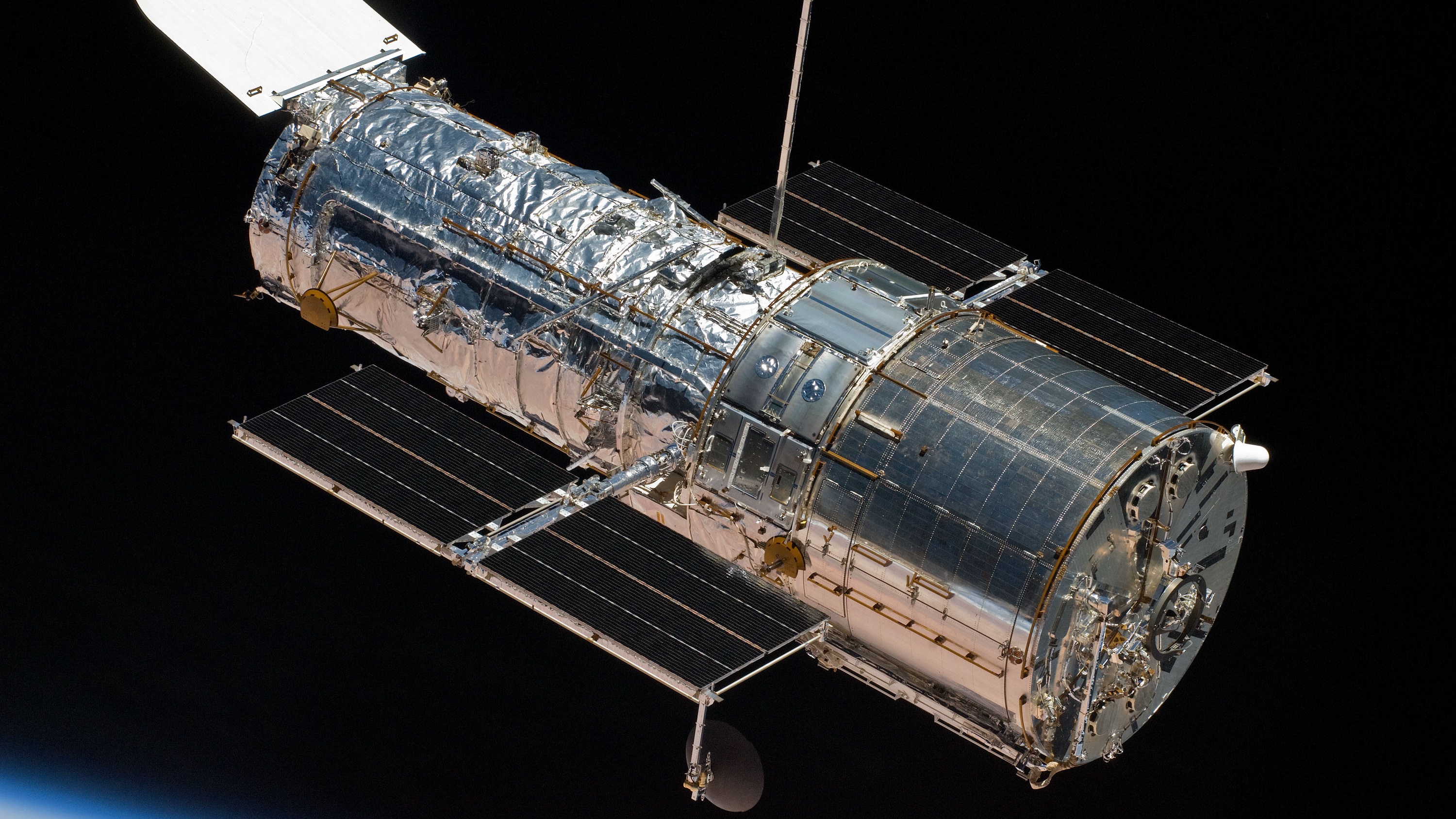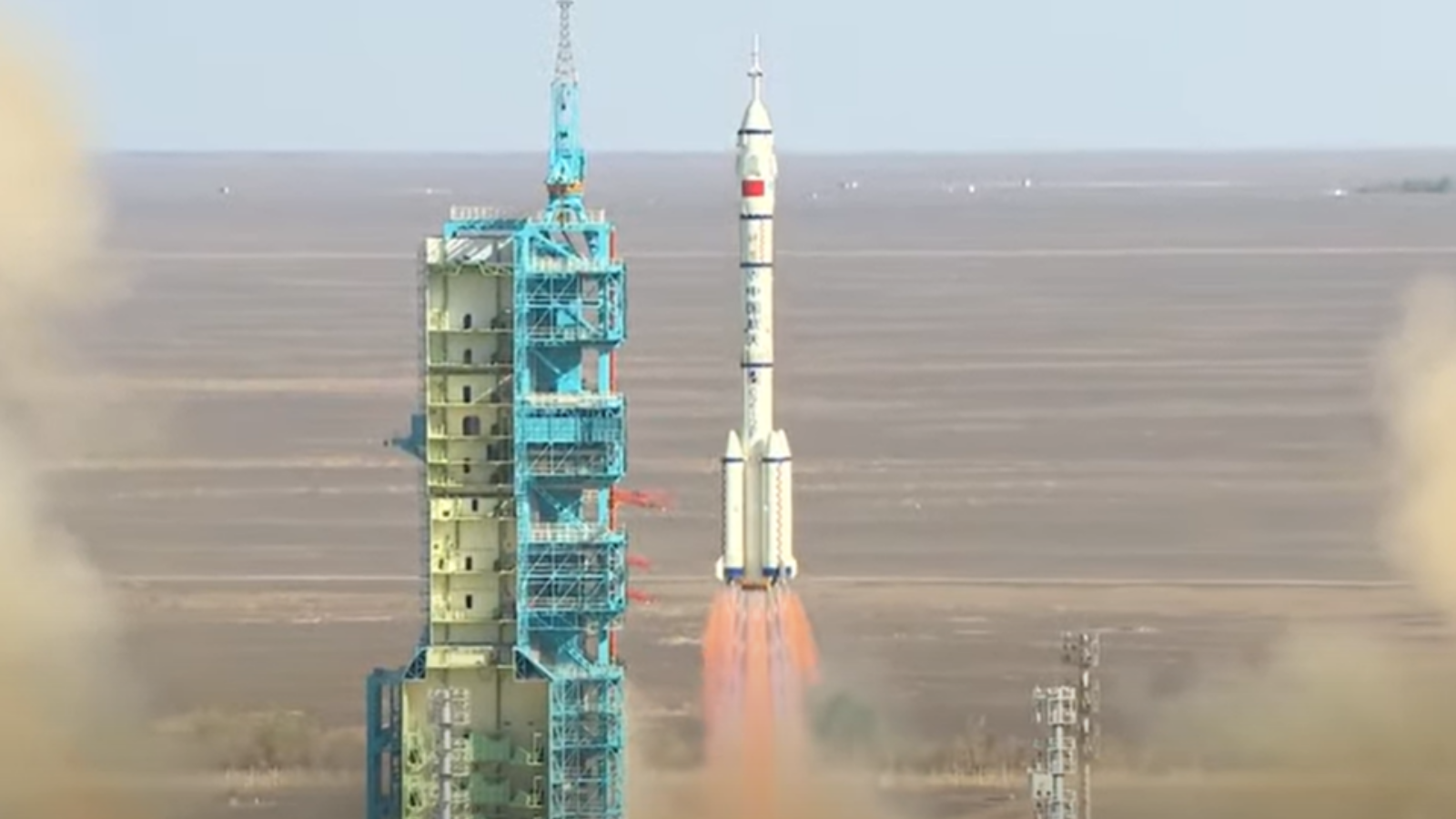Space History Photo: 'Spider' Attached to S-IVB Stage
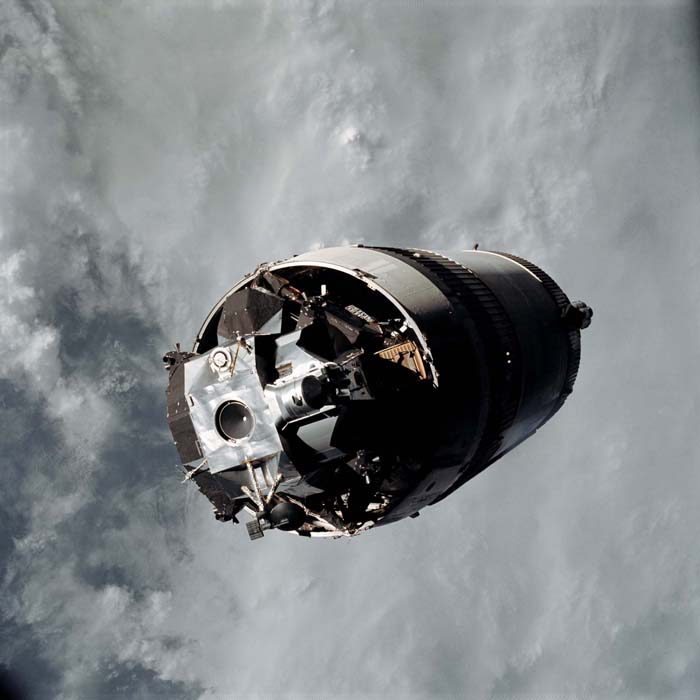
In this historical photo from the U.S. space agency, the Lunar Module “Spider,” remains attached to the Saturn IVB stage in earth orbit prior to docking with Apollo 9’s Command/Service Module, “Gumdrop.” The photo was taken following separation of the CSM from the S-IVB stage, and the Spacecraft Lunar Module Adapter (SLA) panels have already been jettisoned.
Following a March 3, 1969 launch, Apollo 9’s crew of James McDivitt, Dave Scott, and Rusty Schweickart spent 10 days testing the Lunar Module and Command and Service Modules in Earth orbit. Apollo 9 was the first mission to dock the CSM with the LEM, and the astronauts paved the way for subsequent flights to the moon with the CSM and the LEM.
Each weekday, SPACE.com looks back at the history of spaceflight through photos (archive).
Get the Space.com Newsletter
Breaking space news, the latest updates on rocket launches, skywatching events and more!
Join our Space Forums to keep talking space on the latest missions, night sky and more! And if you have a news tip, correction or comment, let us know at: community@space.com.
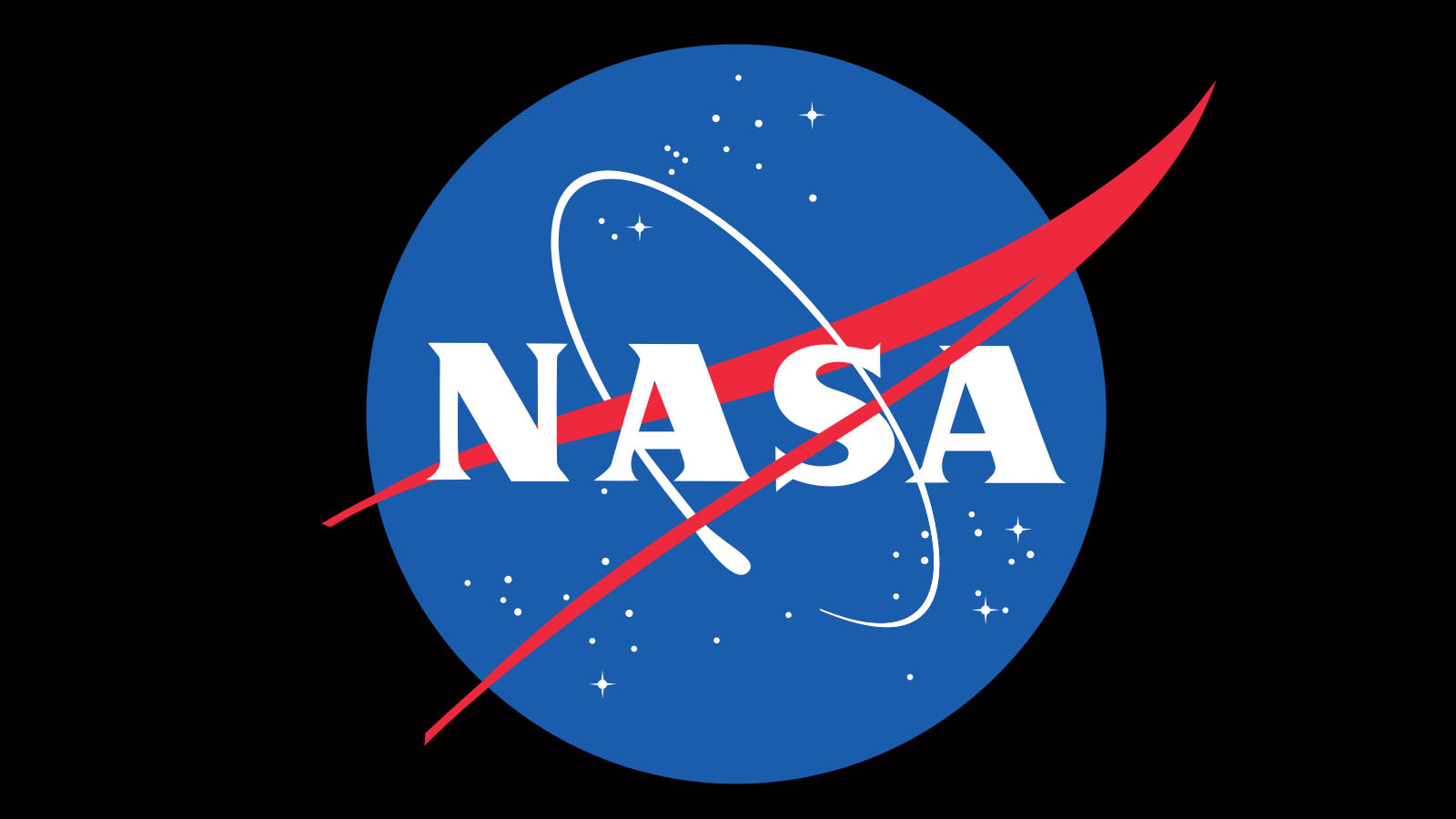
The National Aeronautics and Space Administration (NASA) is the U.S. government agency in charge of the civilian space program as well as aeronautics and aerospace research. Founded in 1958, NASA is a civilian space agency aimed at exploring the universe with space telescopes, satellites, robotic spacecraft, astronauts and more. The space agency has 10 major centers based across the U.S. and launches robotic and crewed missions from the Kennedy Space Center in Cape Canaveral Florida. It's astronaut corps is based at the Johnson Space Center in Houston. To follow NASA's latest mission, follow the space agency on Twitter or any other social channel, of visit: nasa.gov.


